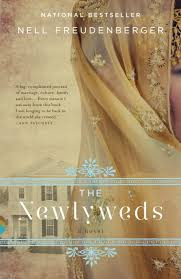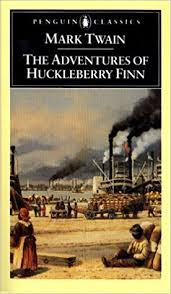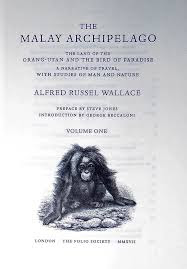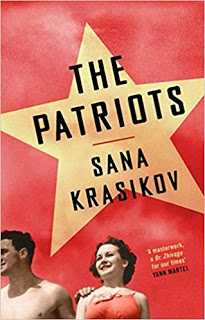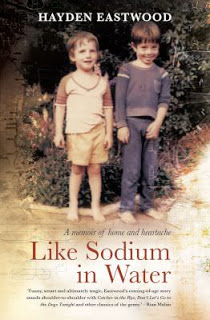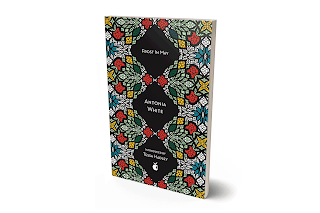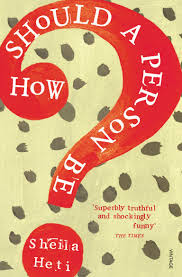What I learned from this book is that you can still be a very successful person even while having plenty of serious faults, making a LOT of mistakes, and not really learning from any of them.
Before the American Civil War, Grant had been kicked out of the army for being an alcoholic, lost his money in a swindle (not the first time, not the last), and was doing kind of a bad job as a clerk at a leather store.
Once the war started he moved up through the ranks pretty slowly, both because of the drinking problem and because he did a terrible job of managing the politics. Politics was far more important than merit apparently in choosing leadership in the North, and it showed: despite being massively superior in men and material they were beaten frequently. Eventually the North were reduced to actually considering merit, and Grant reached the top of the power structure, with a million men reporting to him.
This is when things started to get really bloody. One reason the South was so hard to finally beat was that the end of the war was fought on their territory, where they knew the land and could dig in, so it was some sort of version of a war of attrition (as in the first world war). Grant succeeded in part because he was willing to let people die. Lots of people thought he was a butcher, but not too many had any idea of how else they could win. As one Southern solider put it:
We have met a man this time who either does not know when he is whipped, or who cares not if he loses his whole Army, so that he may accomplish an end.
Interesting was to see what it was like for the slaves as they started to win. It reads very much like the fall of a massive four million person concentration camp:
. . .scenes of ecstatic jubilation greeted them as they passed abandoned plantations and were applauded by former slaves. One ex-slave, seated on a lawn, rocking back and forth in joy, kept shouting, “Glory, hallelujah, glory, hallelujah . . . Bless God, bless God. I never spected to see dis day.
The slaves flocked to volunteer for the Union side, and at first the leadership restricted. Once they were allowed in they proved incredibly dedicated, and far tougher than the regular troops. This seems totally unsurprising to me, given what the slaves had survived, and what they were fighting for, but apparently was to the white people of that time.
Once the North was won, Grant became a politician, not a great choice for someone really terrible at politics. He also continued terrible with his money. Much of the content for this massive, exhaustively researched book, comes from Grant’s own memoir, which he wrote at great speed, in a race against death from mouth cancer (all those cigars!), so as to leave his wife a little money, as he had managed to lose it all again.
Grant’s wife was famously ugly. Charmingly, he famously adored her. She had some sort of major squint, which she tried to get treated:
When she mentioned the visit afterward to her husband, he was thunderstruck as to what had made her entertain such an idea. “Why, you are getting to be such a great man and I am such a plain little wife,” Julia replied. “I thought if my eyes were as others are I might not be so very, very plain., Ulys; who knows”
I learnt a lot about the Civil War in this book, about slavery, about Reconstruction, about military nicknames (Old Goggle-Eyed Snapping Turtle being my favourite); but mostly I learnt you don’t have to be perfect to still get something done.
